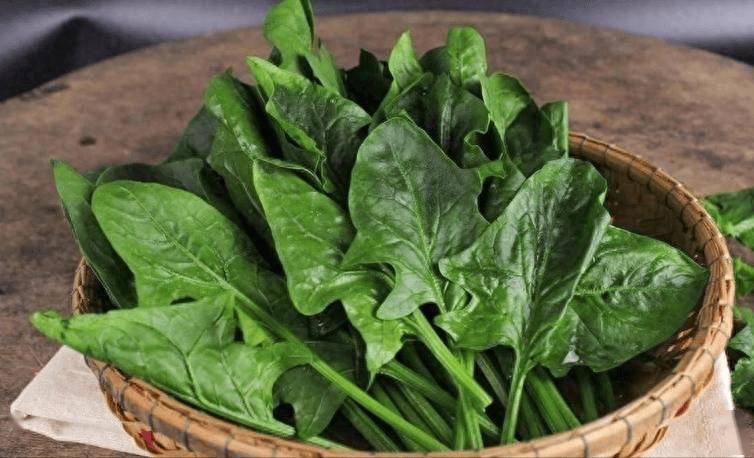Before reading this article, we kindly invite you to click “Follow”. This will not only make it convenient for you to participate in discussions and sharing, but also provide you with a different sense of participation, making it easier for you to come back to read more exciting content at any time. Thank you for your support.
Imagine a retired old grandmother who has a special love for spinach throughout her life. It is important to know that this vegetable is rich in iron and many vitamins, which at first glance is very beneficial for health.
However, as she aged, she was diagnosed with hypertension and shortly after developed a blood clot. Her doctor reminded her that although spinach has many health benefits, for people like her with a history of blood clots, excessive consumption of spinach may not be the best choice.
The vitamin K in spinach can promote blood clotting, which is a protective factor for most people, but for those already suffering from blood clots, excessive vitamin K intake may lead to overly viscous blood, thereby increasing the risk of thrombosis.
Consider a few fictional scenarios to further illustrate this point: first, imagine an elderly person with cardiovascular disease who is also a spinach lover.
Dear readers, writing this article is not easy for the author, with meager income, and having to include a short 5-second advertisement in the text for free access to the full content. I understand this may be slightly inconvenient, but your understanding and support are my greatest motivation! I will strive to bring more high-quality content!
When he reduced his intake of spinach, he noticed a decrease in his blood pressure and a reduction in the frequency of heart attacks.
Another example is an elderly lady who loves healthy eating. After finding out about her blood clot, she adjusted her dietary habits, especially by reducing the intake of high vitamin K vegetables, including spinach.
She started trying other vegetables that are more friendly for managing blood clots, such as lettuce and zucchini. This change helped her better control thrombus symptoms while still enjoying a variety of vegetables.
Through these examples, we can see that even foods considered healthy, such as spinach, may pose risks for individuals with specific health conditions.
Understanding and adjusting dietary habits to meet individual health needs is crucial, especially for the elderly, as proper dietary adjustments can effectively help them manage chronic diseases and improve their quality of life.
In the next part of the article, we will discuss two other vegetables that elderly people should avoid besides spinach in managing vascular health, and why these vegetables may be detrimental to individuals with a history of blood clots.
Doctors advise: elderly people with blood clots should not eat these 3 types of vegetables, whether or not they have been cleared.


